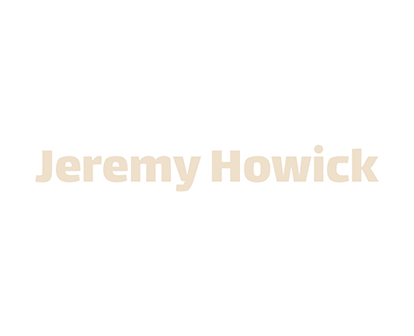You have an amazing body. This is true whether or not you think you have the kind of body they take pictures of to put on magazine covers. In any case the pictures on magazine covers aren’t real – they are photo-shopped and surgically chopped. Archie Cochrane (who inspired the Cochrane Collaboration) tells a story that helps explain what I mean:
I was usually the senior medical officer and for a considerable time the only officer and the only doctor [at a POW camp during World War II]. (It was bad enough being a POW, but having me as your doctor was a bit too much.) There were about 20,000 POWs in the camp, of whom a quarter were British. The diet was about 600 calories a day and we all had diarrhoea. In addition we had severe epidemics of typhoid, diphtheria, infections, jaundice, and sand-fly fever, with more than 300 cases of ‘pitting oedema above the knee’. To cope with this we had a ramshackle hospital, some aspirin, some antacid, and some skin antiseptic.
The only real assets were some devoted orderlies, mainly from the Friends’ Field Ambulance Unit. Under the best conditions one would have expected an appreciable mortality; there in the Dulag I expected hundreds to die of diphtheria alone in the absence of specific therapy. In point of fact there were only four deaths, of which three were due to gunshot wounds inflicted by the Germans. This excellent result had, of course, nothing to do with the therapy they received or my clinical skill. It demonstrated, on the other hand, very clearly the relative unimportance of therapy in comparison with the recuperative power of the human body. On one occasion, when I was the only doctor there, I asked the German Stabsarzt for more doctors to help me cope with these fantastic problems. He replied: “Nein! Aerzte sind ueberfluessig.” (“No! Doctors are superfluous.”) I was furious and even wrote a poem about it; later I wondered if he was wise or cruel; he was certainly right.
Of course most POWs are not average people – there was a kind of ‘selection bias‘. The soldiers in Cochrane’s story were young and – at least when they were recruited – healthier than average. If the camp had been full older and sick people there would probably have been more deaths. Still, the POWs in Cochrane’s account show how resilient the human body is. Here are some cool facts about your body:
- Pound for pound, your bones are much stronger than ordinary steel.
- Your stomach acid is strong enough to melt metal.
- Your skin completely regenerates in less than a month.
- Your liver can almost completely regenerate itself even if three quarters of it has been removed.
- Nerve signals from your brain travel up to 288 kilometres per hour.
- Your heart beats one hundred thousand times per day, over three billion times in a lifetime.
- You have about one hundred trillion cells in your body.
- The adult human brain has 100 billion neurons. Each neuron makes thousands of connections with other neurons. The number of combinations of brain relationship activity is therefore estimated to exceed the number of elementary particles in the known universe.
- It has been estimated that the average cell in your body is 7 to 10 years old at most. So no matter how many years have passed between now and when you were born, your body is less than 10 years old.
- You have 100,000 kilometers of blood vessels in your body. If they were all in a straight line they could wrap themselves around Earth more than twice.
Cochrane’s experience and these facts make some drug prescribing patterns seem strange to me. One in ten adults in most countries take antidepressants, almost one in seven boys in the US are diagnosed with ADHD and given psychostimulants, and some doctors say everyone over the age of 50 should take a statin pill to reduce heart disease. These statistics suggest that we have forgotten how good our bodies are at healing themselves. From your skin to the inner workings of your brain, your body is exactly the kind of body that is amazing enough to be on the cover of a magazine.
| Disclaimers: Jeremy Howick hopes you become happier and healthier as a result of what he writes and says, so please don’t do anything silly. This information is not intended to replace the advice of a doctor and is intended for enjoyment purposes only. Jeremy Howick disclaims any liability, including any implied warranties or other obligations at law, for the decisions you make based on this information. The views he expresses in this newsletter and elsewhere are the personal views of Dr. Jeremy Howick and are not in any way related to the views of the University of Oxford. To the extent you wish to reproduce any of the information set out above in a product, publication or other service offering, you may not do so without the express written permission of Jeremy Howick. All material in this newsletter is subject to copyright © laws. |
